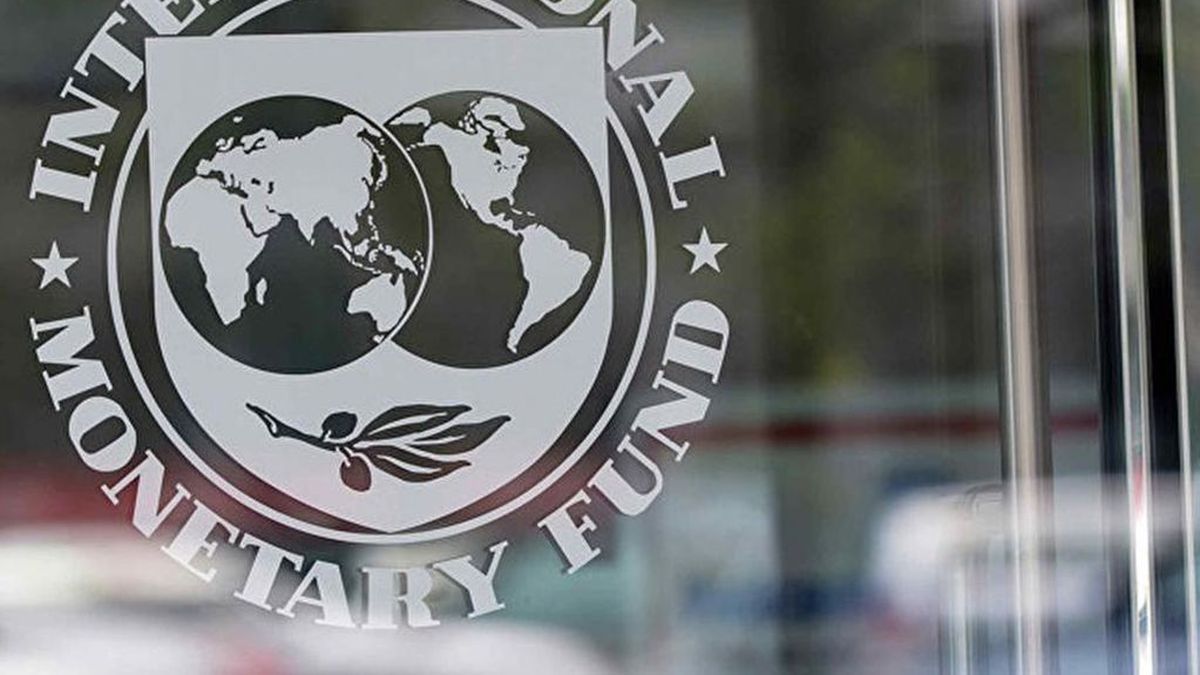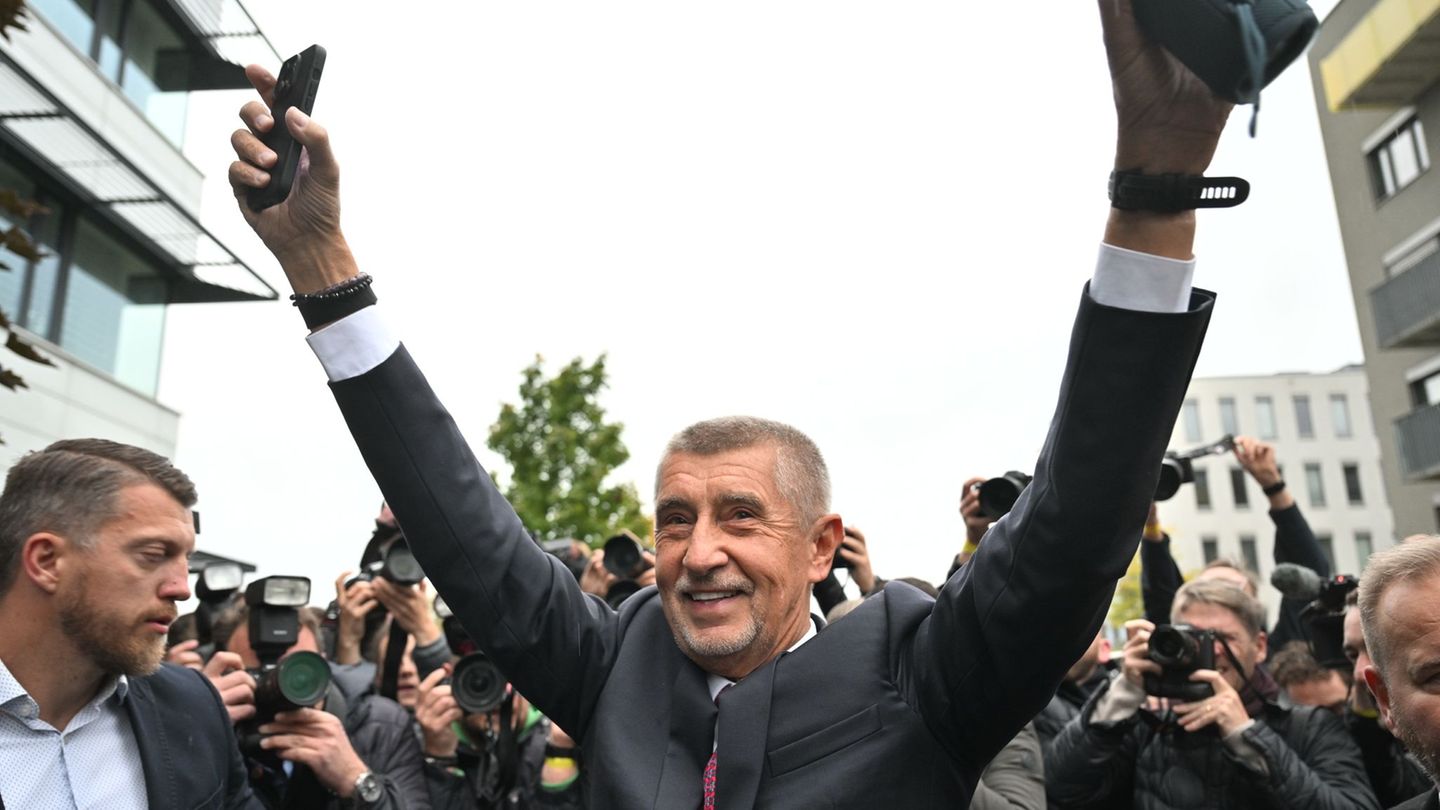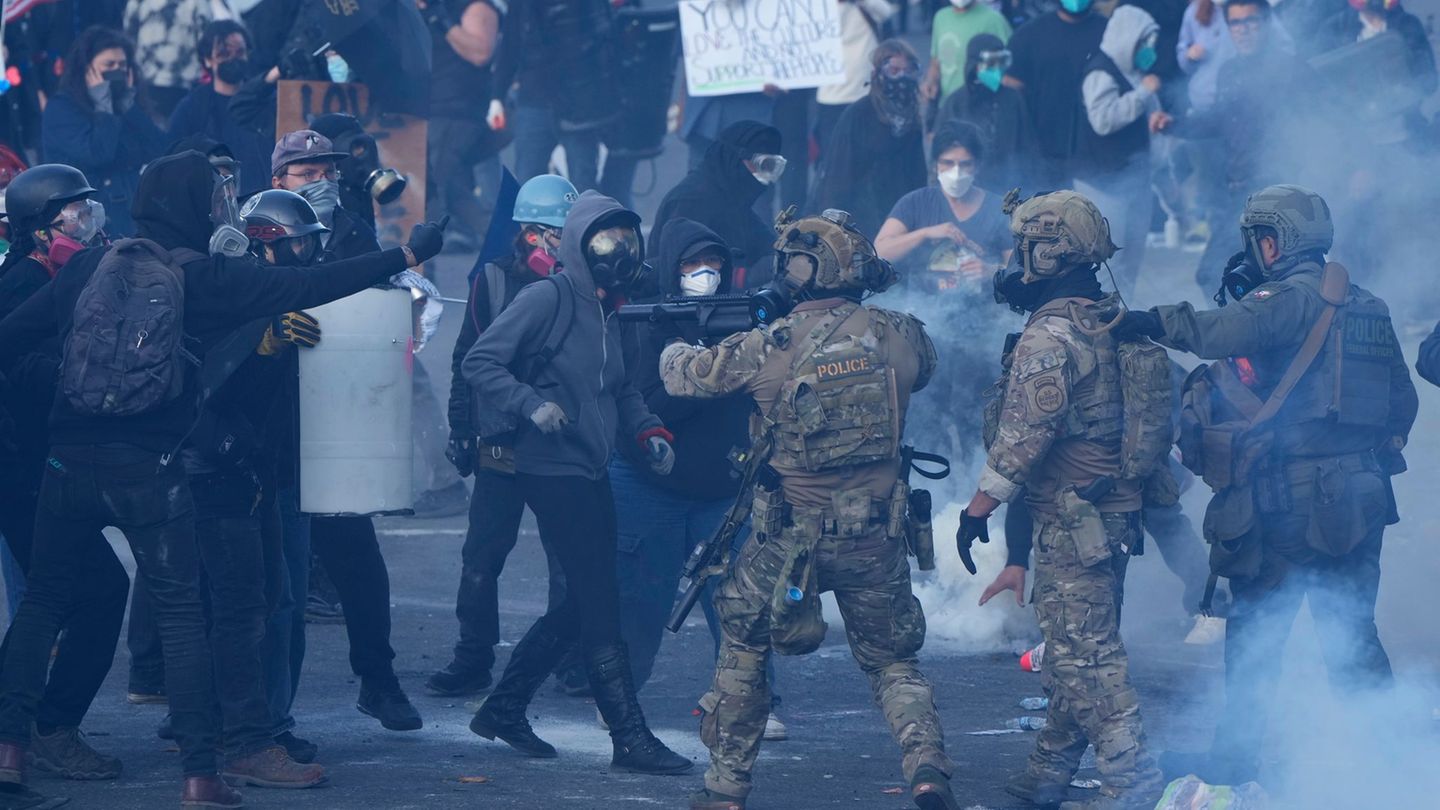The EPE includes some relevant criticisms of the implementation of the program from the staff itself, who, with other members at the helm, were the ones who signed the agreement with Macri officials and who should have monitored it. The most salient: it recognizes that the previous Government had to restructure the debt in foreign currency to reduce the great needs of short-term financing and that it had to establish capital control to prevent the outflow of foreign currency from the country.
“The program did not meet its objectives, despite significant changes in economic policies. Increased repayments, coupled with capital flight from residents, put considerable pressure on the exchange rate. Despite exchange rate interventions beyond the provisions of the program, the exchange rate continued to depreciate, increasing inflation and the value in pesos of the public debt, and weakening real income, especially of the poor, ”says the report of the organism.
And he adds: “In summary, the report concludes that the program did not meet the objectives of restoring confidence in fiscal and external viability and, at the same time, promoting economic growth. The program came off course in August 2019 and the Executive Board only completed four of the twelve planned reviews. The authorities decided to cancel the agreement on July 24, 2020 ”.
The reading they do in official offices is that, when the IMF says that the Government of Cambiemos should have put a capital control, what it does is accept that part of the loan escaped. And when he says that he had to restructure the debt with the bondholders, he admits that part of the loan was misused. In fact, these were the two destinations given to the largest loan in the history of the Fund: according to Martín Guzmán, US $ 21,000 million went to the payments of those unsustainable liabilities and US $ 24,000 million financed the training of foreign assets, also known as capital flight.
This last point should commit the body itself since the Articles of Agreement of the IMF, in its article VI, expressly prohibits using its disbursements for “Cope with a considerable or continuous outflow of capital.” It also points out that the IMF “may ask the member country to adopt control measures to prevent the Fund’s general resources from being used for this purpose”, something that did not happen. However, this aspect is not present in the EPE, a report that does not usually mark internal responsibilities.
The Government did include the request for there to be an adequate review by the IMF itself on whether or not there is compliance with Article VI of its statute. According to a source from the official negotiating team, this would be more likely in the event that the body decides to trigger a more in-depth type of audit of the 2018 Stand By through the Independent Evaluation Office (OEI). The OEI, in fact, debuted in 2004 with the revision of the program that Fernando De La Rúa had signed in the midst of the 2001 crisis. Before the Board meeting, messages had reached the Palacio de Hacienda from some directors of the Fund in favor of a OEI participation in the case of 2018.
Anyway, The same source told this newspaper that it is difficult for the violation of Article VI to be considered for the Extended Facilities program that the Executive requested to refinance the US $ 45,000 million that Macri took. If the board were to enable the OEI to intervene, it would take years to complete its evaluation.
What they emphasize in the Government is that the EPE “is a precedent condition for the agreement; it is important because it is a necessary milestone ”. Also that the report takes “an enormous distance” with the program agreed with Macri. Although, of course, it does not collect all the points of contention that exist in the current negotiation with the staff.
Other “self-criticisms” that somehow appear in the EPE of the 2018 program are: the recognition that the Cambiemos government’s diagnosis of inflation was wrong and that inflation is a multi-causal phenomenon, something that had already appeared in the current discussions and that does not impede the demand for a stricter monetary policy for the coming years; the acceptance that the coordination of prices and income would have helped to set expectations around a slowdown in inflation; and the admission that that Stand By failed in its objective of “restoring the confidence of the markets in Argentina” and restoring access to international credit.
The government’s vision
The position of the Argentine Executive, included in the position, points to two issues. On the one hand, that, indeed, the 2018 program failed because it failed to meet any of these four objectives outlined in the agreement: restore market confidence, protect the most vulnerable in society, strengthen the framework to reduce inflation and reduce tensions in the balance of payments.
On the other hand, he stated that “is still insufficient ” the Fund’s warning “about the risks of a fiscal adjustment in recessive contexts”. Basically, this is today the crux of the debate for the multi-year program in the making. Official sources indicated that, for this reason, the Argentine position included as problems of Mari’s Stand By that he had started to deny the external restriction as a structural problem of the country and that he had considered that a stabilization plan by itself would generate growth. “Growth is a condition of stability and not the other way around,” they emphasized.
Specifically, as reported by Ámbito, one of the central focuses of discussion not yet settled is with the IMF staff going through the pace of recovery of activity for next year: Guzmán raises 4% and the Fund does not move too much from the 2.5% because it fears that a greater reactivation will prevent the accumulation of reserves (with higher growth, more imports) that guarantee repayment from 2026. Another point is closely linked. The Fund calls for a faster reduction in monetary financing from the Treasury (the issue) than the one proposed by the Government, which in fact would imply a faster fiscal adjustment that would affect reactivation.
In addition to the review of compliance with article VI of the Fund’s statute, the Government’s position set out in the EPE “recommends”: giving an adequate definition to the concept of “ownership” so that in the future the appropriation of a program includes Congress , civil society, unions, the private sector and society in general; establish the need to avoid political use of IMF programs; and consider specific realities in the future, such as the case of Argentina, where growth is a precedent for stability and not the other way around.
Source From: Ambito
David William is a talented author who has made a name for himself in the world of writing. He is a professional author who writes on a wide range of topics, from general interest to opinion news. David is currently working as a writer at 24 hours worlds where he brings his unique perspective and in-depth research to his articles, making them both informative and engaging.




